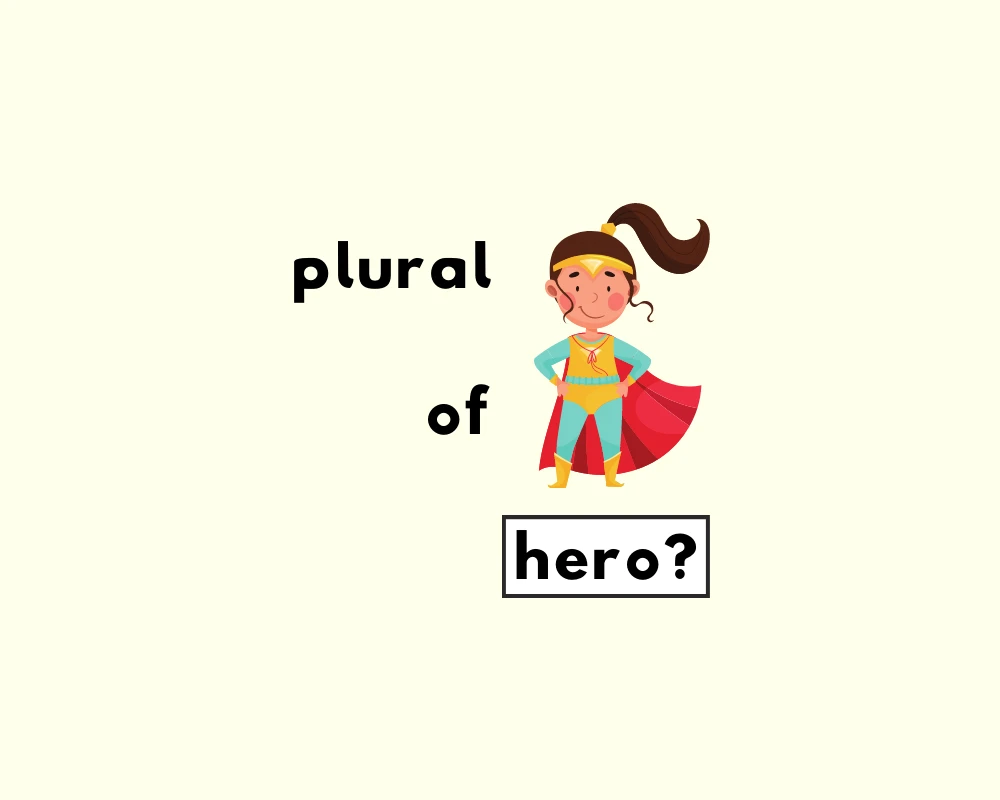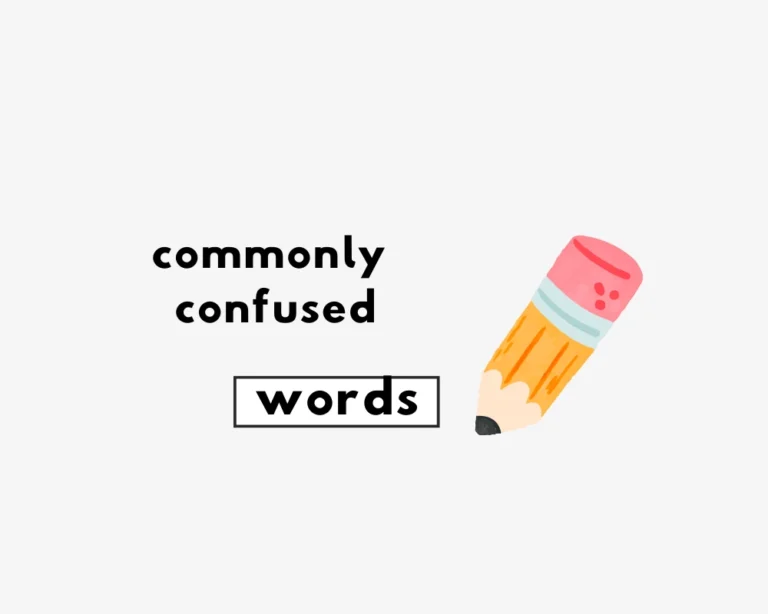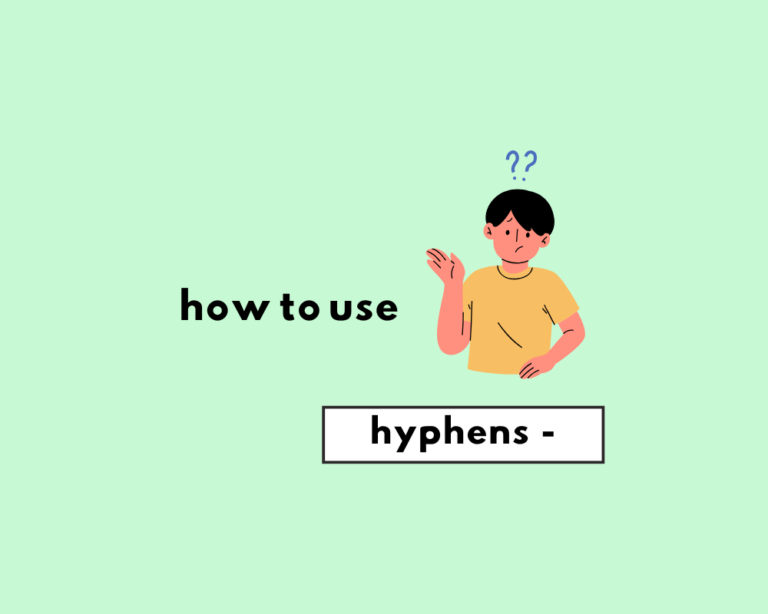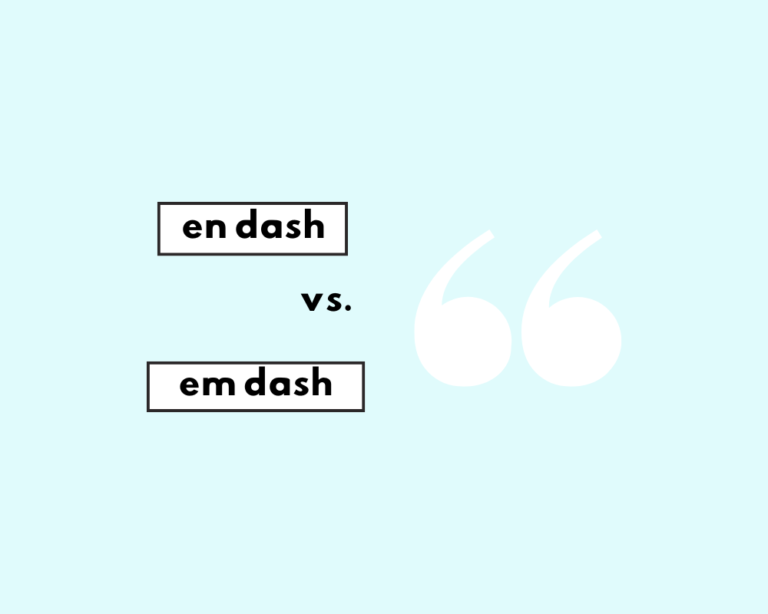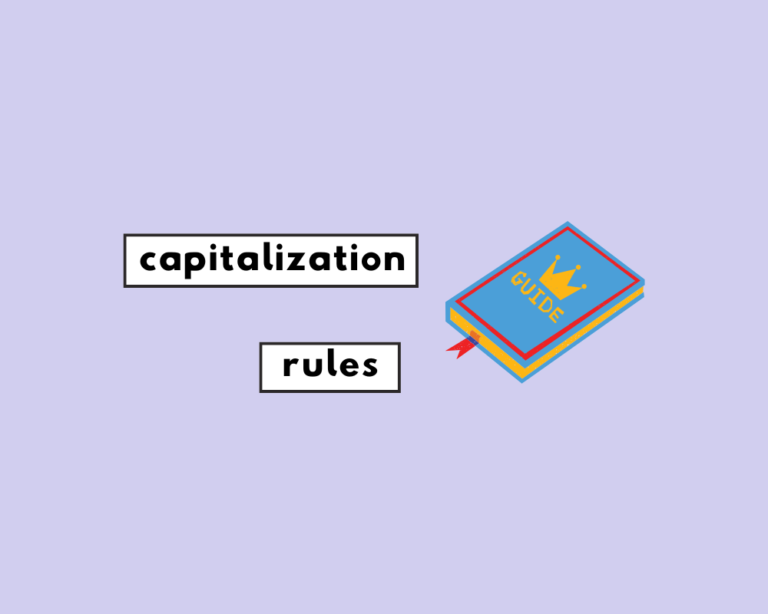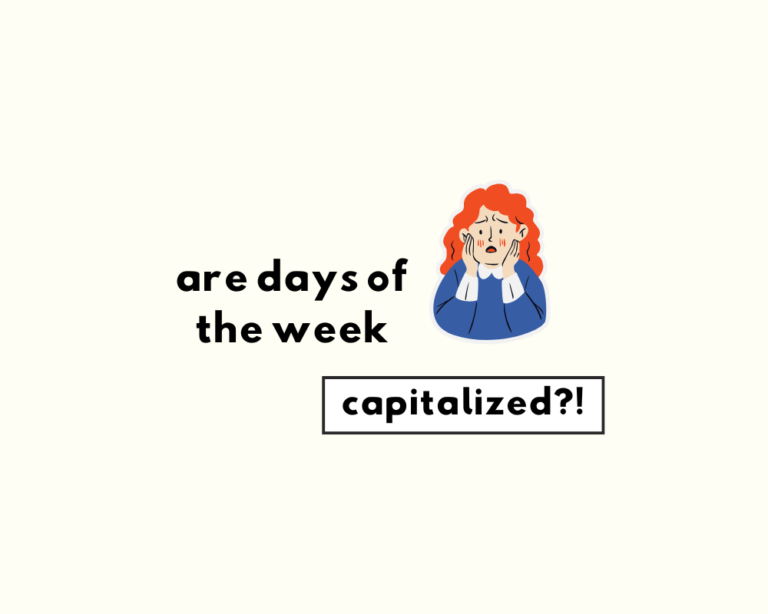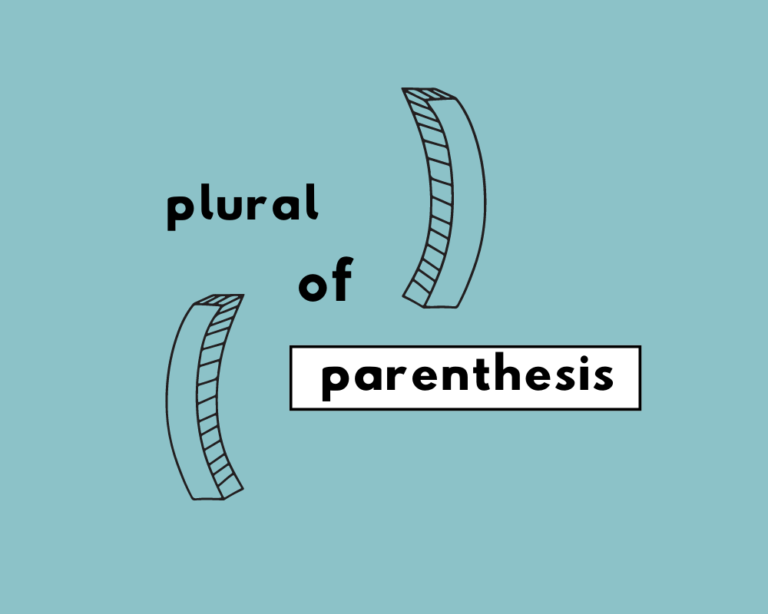What’s the plural of “hero”?
For the most part, nouns that end in o (like mango, volcano, and potato) add –es to become plural. This applies to the noun hero (which, as a plural, is heroes).
Keep in mind, this isn’t always the case with nouns ending in o. Radio, video, and photo only add ‘s’ to turn to plural.
What does “hero” mean?
A hero is “admired or idealized for courage, outstanding achievements, or noble qualities”. Synonyms include idol, icon, and paragon.
Nouns that end in o
- Hero is a regular noun since it uses “es” as a plural; i.e., heroes. Irregular nouns in English end in something other than “s” / “es” as a plural, such as child/children or crisis/crises.
- Most singular nouns that end in “o” add “s” / “es” to become plural: tomato/tomatoes, potato/potatoes, volcano/volcanoes, and hero/heroes.
| singular nouns ending in “-o” | plural “-es” / “-s” |
| zero | zeroes or zeros |
| tomato | tomatoes |
| buffalo | buffaloes or buffalos |
| potato | potatoes |
| hero | heroes |
| volcano | volcanos or volcanoes |
Sentence examples with hero/heroes
| singular nouns ending in “-o” | plural “-es” / “-s” |
|---|---|
| The firefighter’s quick response and bravery made him a true hero in the eyes of the community. | The city honoured its local heroes, the firefighters who saved lives during the devastating fire. |
| The protagonist transforms from an ordinary person into a powerful hero who saves the world. | The comic convention was filled with fans dressed as their favorite fictional heroes. |
| Throughout history, many unsung heroes’ contributions were crucial but often overlooked. | The young boys look up to their coaches as heroes, admiring their every move. |
| The scientist’s groundbreaking discoveries cemented her as a hero in medicine. | The movie showcases a team of unlikely heroes who join forces to defeat villains. |
| The comic convention was filled with fans dressed as their favorite fictional heroes. | Nurses and doctors working tirelessly during the pandemic emerged as the true heroes of our time. |
Synonyms of hero
- idol
- icon
- paragon
- exemplar
- role model
- champion
- shining example
Origin of the word hero
Late 14c., “man of superhuman strength or physical courage,” from Old French heroe (14c., Modern French héros), from Latin heros (plural heroes) “hero, demi-god, illustrious man,” from Greek hērōs (plural hērōes) “demi-god.”
Other articles to check out!
- What are personal pronouns?
- What’s the difference between they’re, their, and there?
- Whose vs who’s?
Sources
- “Hero.” Merriam-Webster.com Thesaurus, Merriam-Webster, https://www.merriam-webster.com/thesaurus/hero. Accessed 26 Aug. 2023.
- Harper, Douglas. “Etymology of hero.” Online Etymology Dictionary, https://www.etymonline.com/word/hero. Accessed 26 August 2023.

